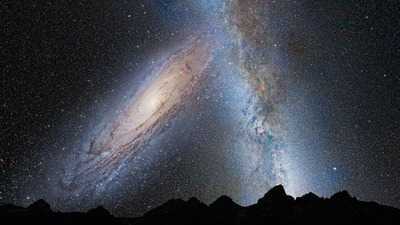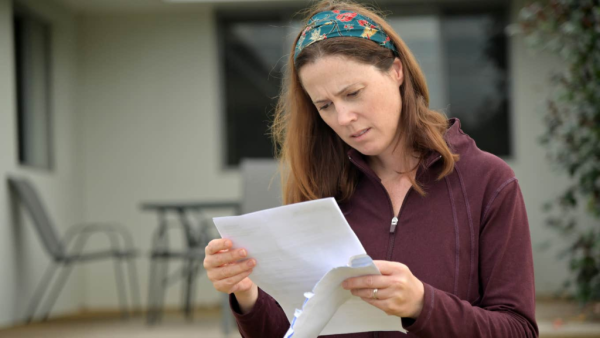
Scientists detect almost 130 collisions involving black holes, neutron stars
30 Aug 2025
An international team of scientists has made a groundbreaking discovery in the field of gravitational-wave astronomy, detecting 128 new cosmic collisions involving black holes and neutron stars.
The finding more than doubles the number of known gravitational-wave events and is a major milestone in our understanding of the universe.
The data comes from the latest release by Laser Interferometer Gravitational-Wave Observatory (LIGO), Virgo Gravitational Wave Interferometer (Virgo), and Kamioka Gravitational Wave Detector (KAGRA) collaboration, a global network of observatories.
Catalog of gravitational waves
Catalog details
The newly published catalog, titled Gravitational Wave Transient Catalog (GWTC-4.0), includes data from the first nine months of the fourth observing run, which spanned from May 2023 to January 2024.
This catalog is a major achievement in international scientific collaboration and is available on the arXiv preprint server.
The detection of gravitational waves, ie. ripples in space-time caused by massive cosmic events like black hole-neutron star collisions, was first made in 2015.
UK scientists' contribution
Scientific contributions
UK scientists have been at the forefront of developing the technology and analysis techniques needed to detect these faint signals.
The country has contributed to gravitational wave science, with support from the Science and Technology Facilities Council and institutions like University of Glasgow, the University of Portsmouth, and Royal Holloway, University of London.
Researchers from these institutions have helped develop ultra-sensitive detectors used in LIGO observatories and led efforts to analyze complex data they produce.
Loudest signal recorded
Technological advancements
Recent upgrades have made the detectors 25% more sensitive, enabling scientists to observe a larger volume of the universe and detect more distant black hole mergers.
Dr. Daniel Williams from the University of Glasgow's Institute for Gravitational Research, said this new update highlights both the international network's capabilities and analysis techniques developed to extract faint signals from data.
The 128 new events include GW230814, the loudest signal ever recorded, which is an evidence of black holes formed from previous mergers.
Improved measurement clarity
Research impact
The enhanced sensitivity of detectors has not just increased the number of observable events but also improved measurement clarity.
This enables scientists to test Einstein's theory of gravity with more precision and explore the fundamental nature of the universe.
Tessa Baker from the University of Portsmouth said these new events have allowed them to refine measurements like the Hubble constant, arguably the most crucial and hotly debated number in current cosmology.
-
Confidence comes from your own money, says Mawra Hocane

-
Unwanted warts have come out in your body too, if you are not getting well, then you will get these things, you will get relief soon

-
Cancer Patient Says HOA Emptied Her Bank Account After She Fell Behind On Dues

-
3 Chinese Zodiac Signs Attract Significant Abundance The Week Of September 1 – 7, 2025

-
5 Third-Party Craftsman Tool Accessories Worth Trying Out (According To Users)
